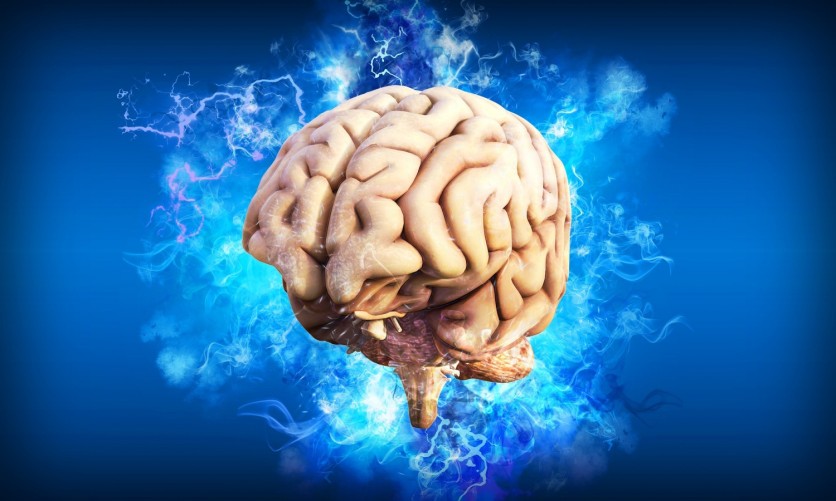For the first time, researchers have pinpointed the regions of the brain that high blood pressure damages, potentially leading to cognitive decline and dementia.
High blood pressure has been known to be involved in causing dementia and damage to brain function.
Yet, the precise extent of high blood pressure's effects on the brain and which regions are impacted were unknown until recently.

A Combination of Sorts
The study combined genetic analyses, observational data, and magnetic resonance imaging of thousands of patients to examine the impact of high blood pressure on cognitive function.
The results were subsequently verified by the researchers in a different, large group of patients in Italy.
"By using this combination of imaging, genetic, and observational approaches, we have identified specific parts of the brain that are affected by increases in blood pressure, including areas called the putamen and specific white matter regions," said the study's lead researcher, Tomasz Guzik, Professor of Cardiovascular Medicine at the University of Edinburgh and Jagiellonian University Medical College.
"We thought these areas might be where high blood pressure affects cognitive function, such as memory loss, thinking skills, and dementia."
The findings, according to the researchers, may contribute to the creation of fresh approaches for treating cognitive impairment in persons with high blood pressure.
Understanding how high blood pressure affects the brain and results in cognitive issues may be aided by research on the genes and proteins in certain brain areas.
Furthermore, examining these particular areas of the brain may help determine who will have memory loss and dementia more quickly when their blood pressure is high.
This could aid in precision medicine by allowing more intensive therapy to be focused on patients who are most at risk for cognitive impairment.
Read Also : [VIRAL] Brain Tumor Diagnosed After Hallucinations Tell Her to Have CT Scan; Here's What She Heard
30,000 Participants from the UK Biobank
The study used brain MRI imaging data from over 30,000 participants in the UK Biobank study, genetic information from genome-wide association studies (GWAS) from UK Biobank and two other international groups, and a technique called Mendelian randomization.
By analyzing these data sets, the researchers found changes to nine parts of the brain that were related to higher blood pressure and worse cognitive function.
"This study shows that specific brain regions are at particularly high risk of blood pressure damage, which may help to identify people at risk of cognitive decline in the earliest stages, and potentially to target therapies more effectively in future," Co-author of the study, Professor Joanna Wardlaw said.
However, it is worth noting that one of the study's limitations is that it may not be possible to extend the findings to older people because the majority of the UK Biobank study's participants were middle-aged white people.
The study was published in the European Heart Journal.
Related Article : New Study Claims 'GoT' Fans Have Greater Neural Overlap Between Self and Characters; Here's What Brain Scans Reveal

ⓒ 2025 TECHTIMES.com All rights reserved. Do not reproduce without permission.




